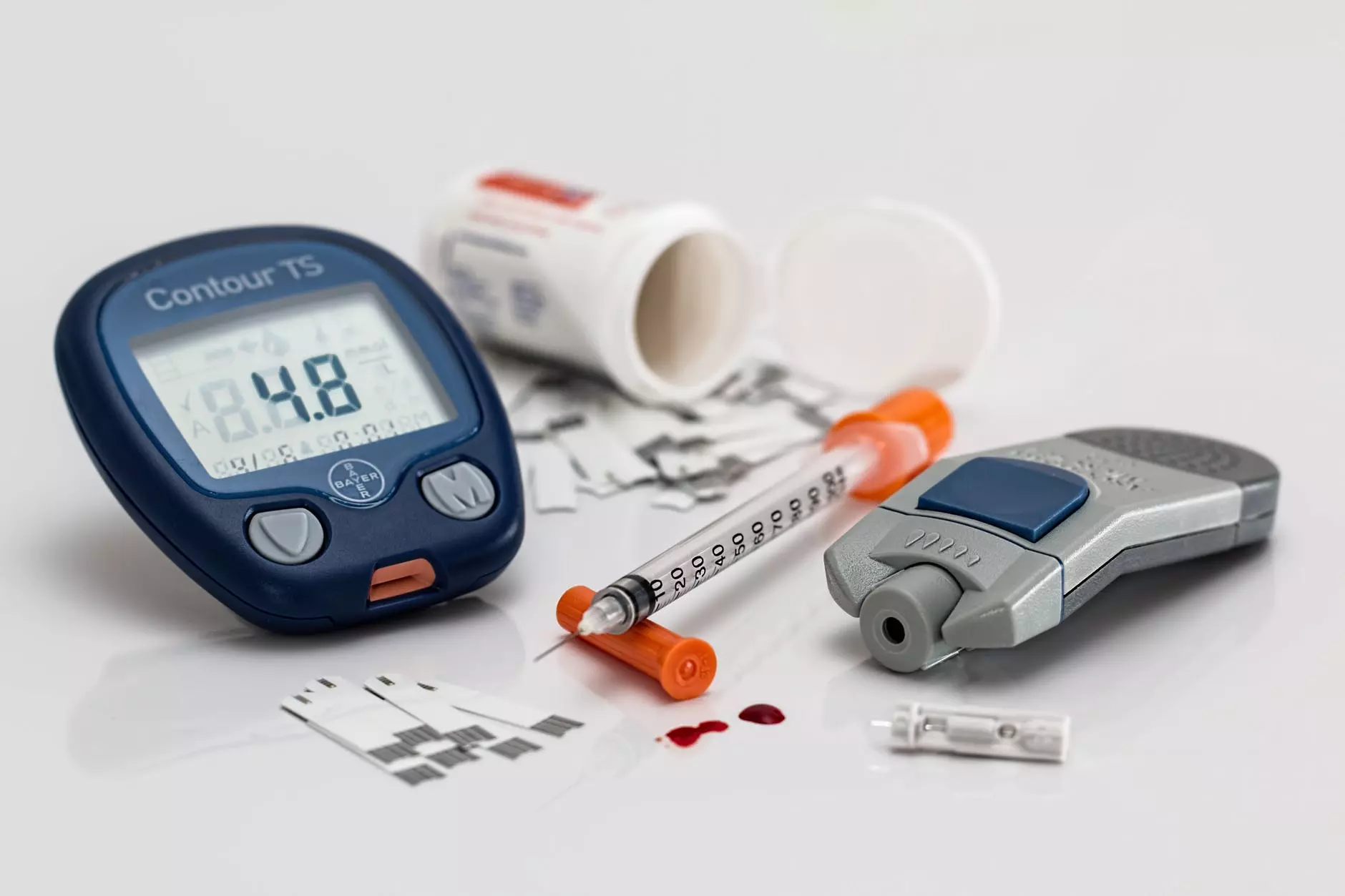Comments (1)
Heather Fraser
Insightful read

Under NCATS’ leadership, the Clinical and Translational Science Awards (CTSA) Program supports a national network of medical research institutions — called hubs ― that work together to improve the translational research process to get more treatments to more patients more quickly. The hubs collaborate locally and regionally to catalyze innovation in training, research tools and processes.
CTSA Program support enables research teams including scientists, patient advocacy organizations and community members to tackle system-wide scientific and operational problems in clinical and translational research that no one team can overcome. Program goals are to:
While the definitions of basic and clinical research are clear, the definition of translational research is not.
Up until recently, translational science has been about helping investigators get their ideas, inventions and discoveries from "bench to bedside", or translating medical best practices into communities. However, given the drivers of innovation, they now are enabling investigators to take the next steps in taking their discoveries from the bedside to the boardroom i.e. creating commercial and business entities. Doing so, however, requires an academic ecosystem that recruits, educates and trains, develops and promotes faculty clinical translational scientist entrepreneurs (CTSEs) as part of an entrepreneurial university and medical school.
Strategies and tactics to reach that goal should include:
Clinical translational science does not stop at the bedside and end with publishing the results of clinical trials. We need to incorporate clinical translational science entrepreneurship into CTSA programs to give faculty the tools they need to scale and leverage their skills to create even more clinical impact.
Arlen Meyers, MD, MBA is the President and CEO of the Society of Physician Entrepreneurs.
Insightful read
Arlen Meyers, MD, MBA is a professor emeritus of otolaryngology, dentistry, and engineering at the University of Colorado School of Medicine and the Colorado School of Public Health and President and CEO of the Society of Physician Entrepreneurs at www.sopenet.org. He has created several medical device and digital health companies. His primary research centers around biomedical and health innovation and entrepreneurship and life science technology commercialization. He consults for and speaks to companies, governments, colleges and universities around the world who need his expertise and contacts in the areas of bio entrepreneurship, bioscience, healthcare, healthcare IT, medical tourism -- nationally and internationally, new product development, product design, and financing new ventures. He is a former Harvard-Macy fellow and In 2010, he completed a Fulbright at Kings Business, the commercialization office of technology transfer at Kings College in London. He recently published "Building the Case for Biotechnology." "Optical Detection of Cancer", and " The Life Science Innovation Roadmap". He is also an associate editor of the Journal of Commercial Biotechnology and Technology Transfer and Entrepreneurship and Editor-in-Chief of Medscape. In addition, He is a faculty member at the University of Colorado Denver Graduate School where he teaches Biomedical Entrepreneurship and is an iCorps participant, trainer and industry mentor. He is the Chief Medical Officer at www.bridgehealth.com and www.cliexa.com and Chairman of the Board at GlobalMindED at www.globalminded.org, a non-profit at risk student success network. He is honored to be named by Modern Healthcare as one of the 50 Most Influential Physician Executives of 2011 and nominated in 2012 and Best Doctors 2013.
Leave your comments
Post comment as a guest